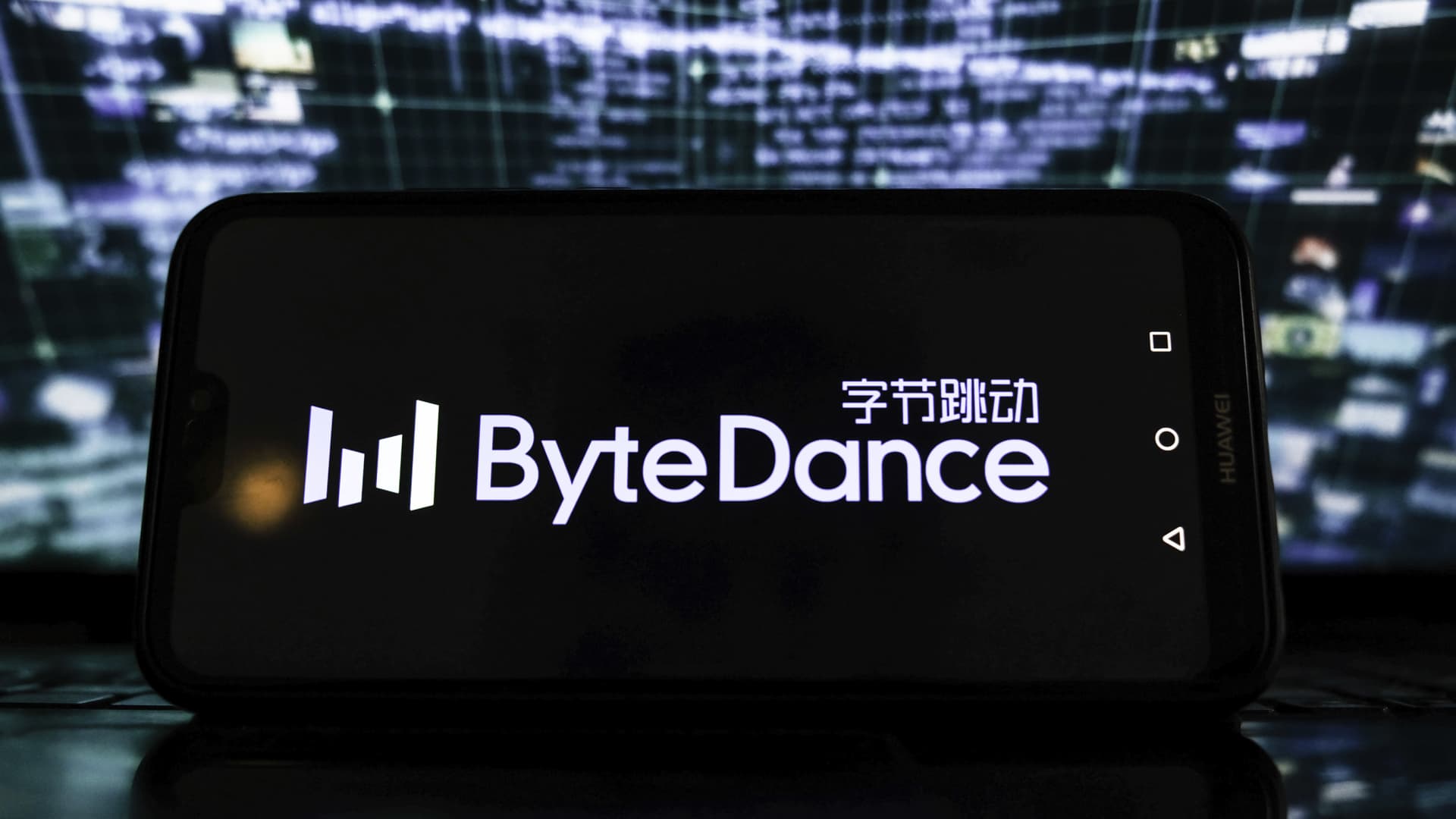
Chinese internet giant ByteDance’s nascent foray into gaming is showing signs of promise with spending across its mobile titles growing over the past year as it looks to challenge rivals Tencent and NetEase.
The TikTok owner generated $1 billion of player spending across its mobile games between June 21, 2021 and June 20, 2022, a 16% increase from the same period last year, according to data analytics company Sensor Tower. This figure includes data from Apple’s App Store and Google Play, but not third-party Android stores in China.
ByteDance, best known for it short video app TikTok and the Chinese version Douyin, has looked to aggressively expand into mobile gaming, an area that Tencent and NetEase have dominated in China. Earlier this year, ByteDance set up a dedicated gaming business unit internally.
Last year, ByteDance acquired major gaming studios Moonton and C4, helping to give its efforts a big boost overseas by buying popular games as part of the deals.
The bulk of player spending was on games that ByteDance acquired. Mobile Legends: Bang Bang from Moonton generated $317.7 million, accounting for 32% of the annual $1 billion figure, Sensor Tower said. C4’s Girls Chronicle: Idle Heroine, follows closely in second.
“ByteDance’s deals for Mobile Legends developer Moonton and Girls Chronicle studio C4 have been transformative,” Craig Chapple, mobile insights strategist at Sensor Tower, told CNBC via email.
“It’s built up its games operations so quickly that it’s already becoming a significant mobile games publisher, particularly in China and Asia. It has a long way to go to catch up with heavyweights like NetEase and Tencent, of course, but it’s moving in the right direction.”
For comparison between June 21, 2021 and June 20, 2022, player spending across Tencent mobile games totaled $7.9 billion globally, while NetEase’s figure totaled $3.1 billion, compared with ByteDance’s $1 billion.
International success
ByteDance has found success globally with its TikTok app and the Beijing-headquartered company is starting to see results in gaming thanks to those acquisitions.
The company’s largest markets are in Asia, with Japan accounting for 34% of player spending on its mobile titles, while China ranks second and the United States third, Chapple said.
“What I find most interesting is how significant its deals for Moonton and C4 have been in that international expansion,” he added.
Over the last year, the biggest market by revenue for Moonton’s Mobile Legends was the United States at over $50 million, Sensor Tower data showed. C4’s Girls Chronicle: Idle Heroine, meanwhile, generated $303.5 million during that period in Japan, according to the data.
International expansion is key for ByteDance as regulators in China have tightened scrutiny of the domestic gaming sector. Last year, Beijing said that children under 18 years old were only allowed to play online games for up to three hours per week. And China’s gaming industry is only just emerging from a months-long approval freeze. In China, games need regulatory approval to be monetized.
These strict measures have hit China’s gaming giants with Tencent posting its slowest ever revenue growth in the second quarter of the year.
Both Tencent and NetEase have looked to international markets for growth, a tactic that ByteDance appears to be replicating amid regulatory headwinds at home.
“The company has spent the last year growing its operations both in China and internationally. In the face of regulatory challenges in China, we may see ByteDance joining Tencent and NetEase and expanding its operations further internationally, something the company already has huge experience and success in with TikTok,” Chapple said.




